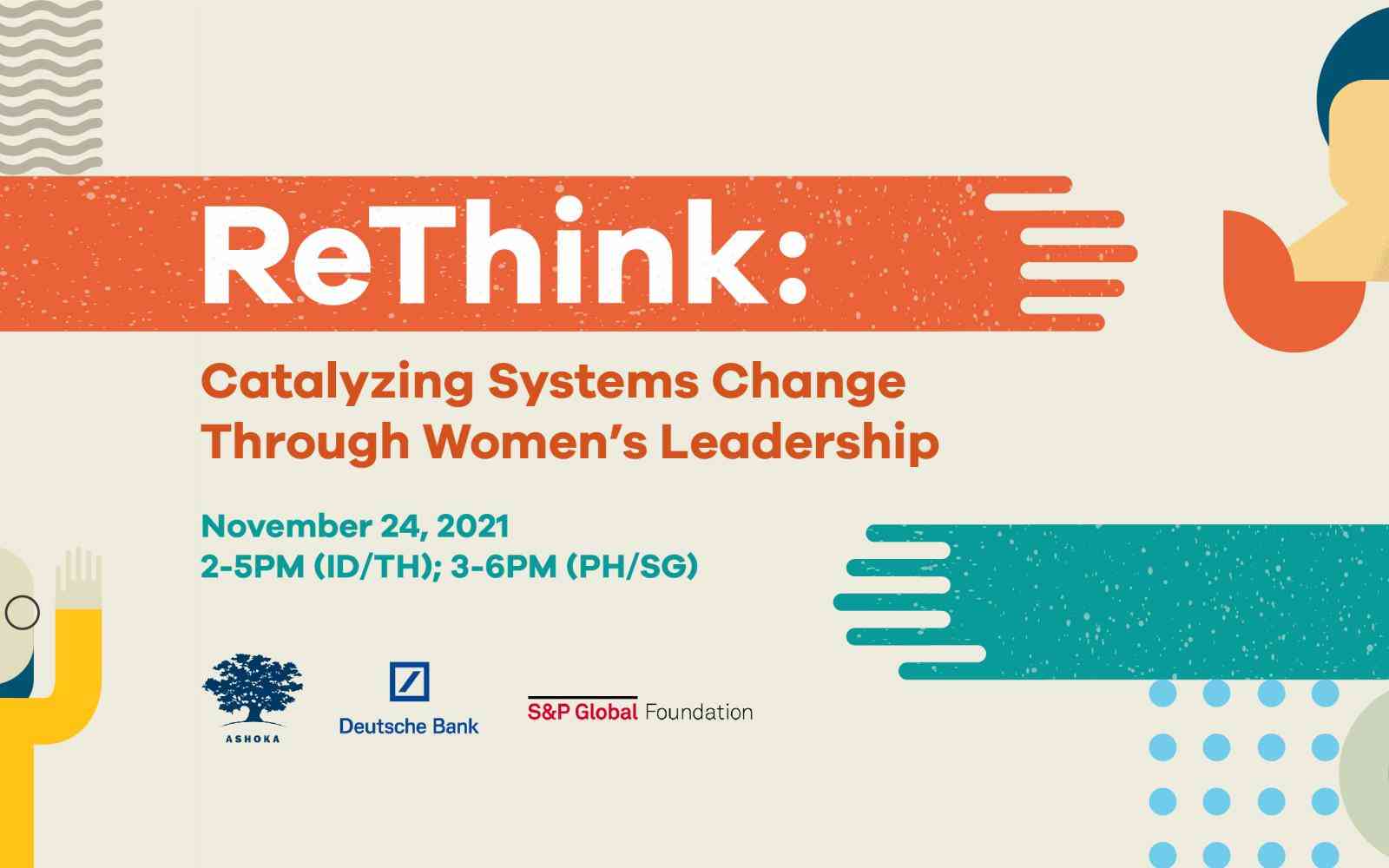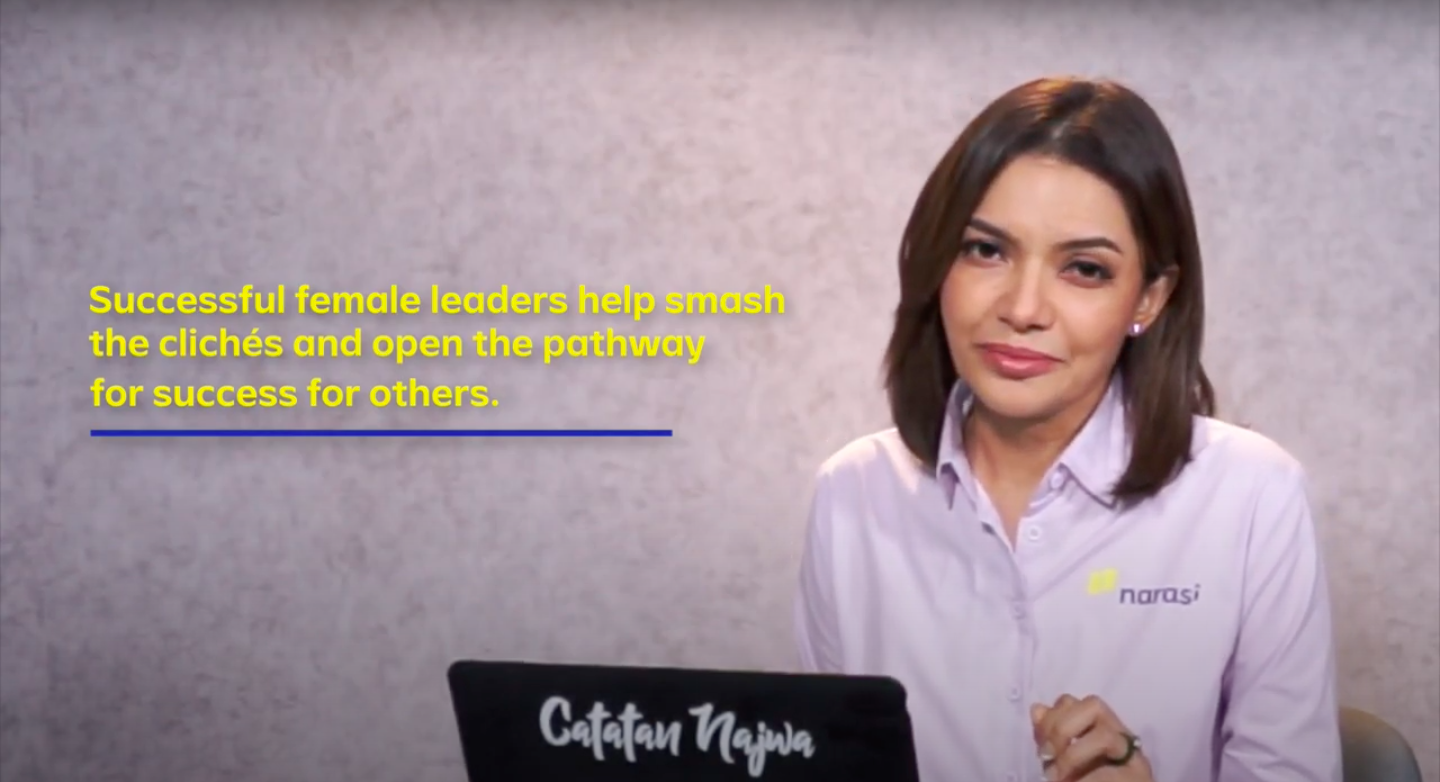To break free from restrictive gender roles, women should exercise “invisible power,” say ASEAN women leaders
Changing narratives about women requires changing the norms and the system. It also requires women to break free from gender roles and become more visible in the public sphere.

